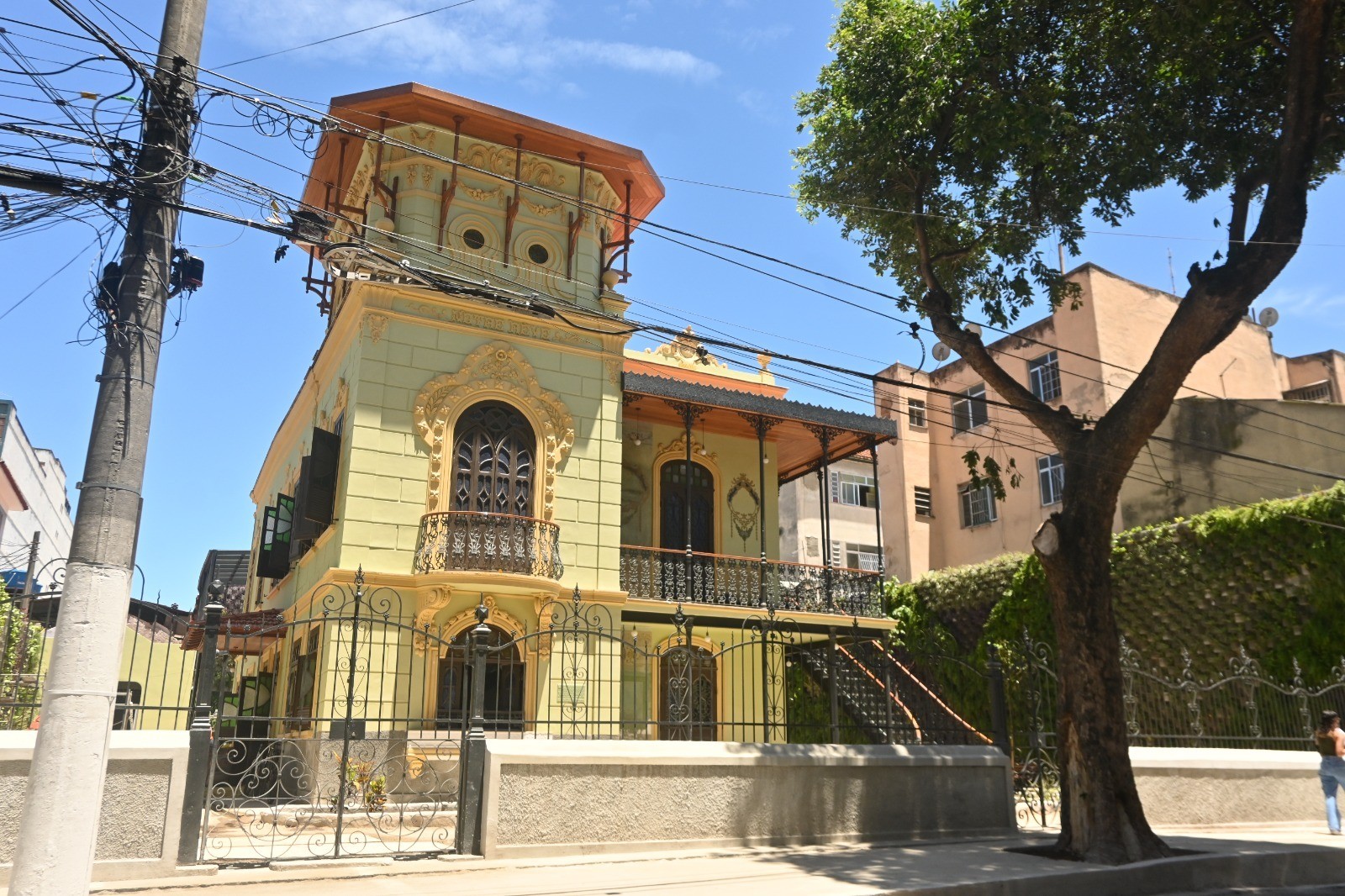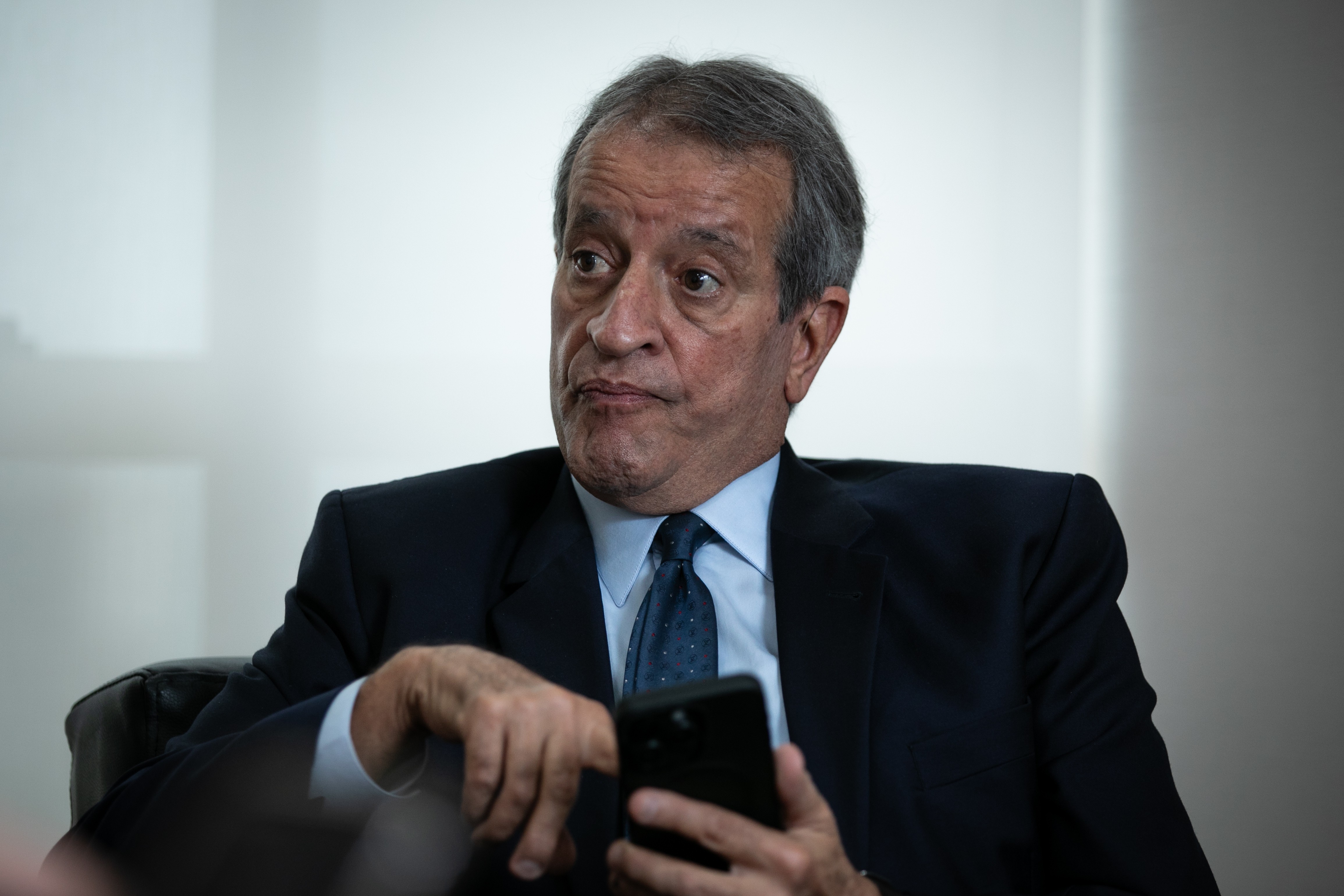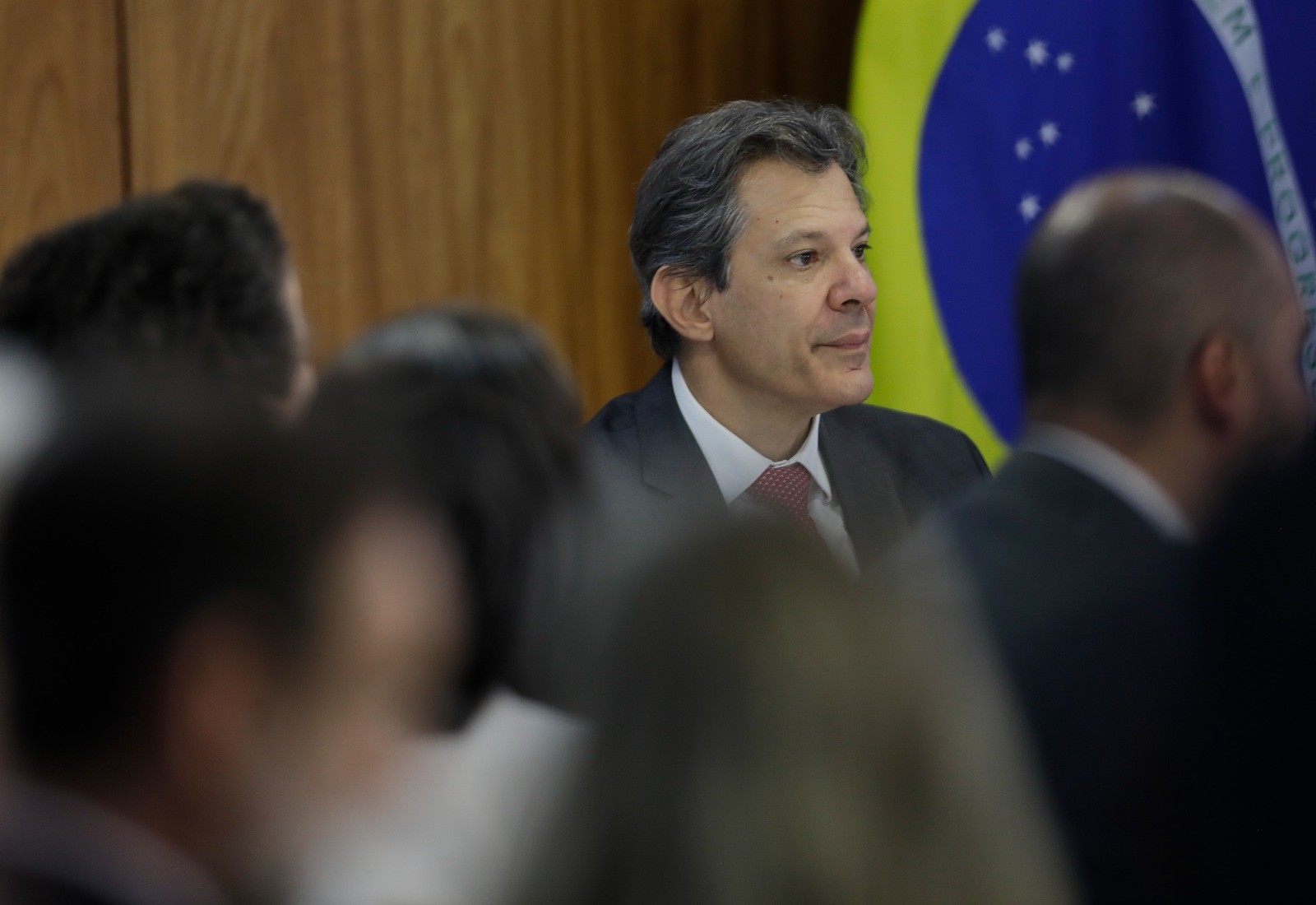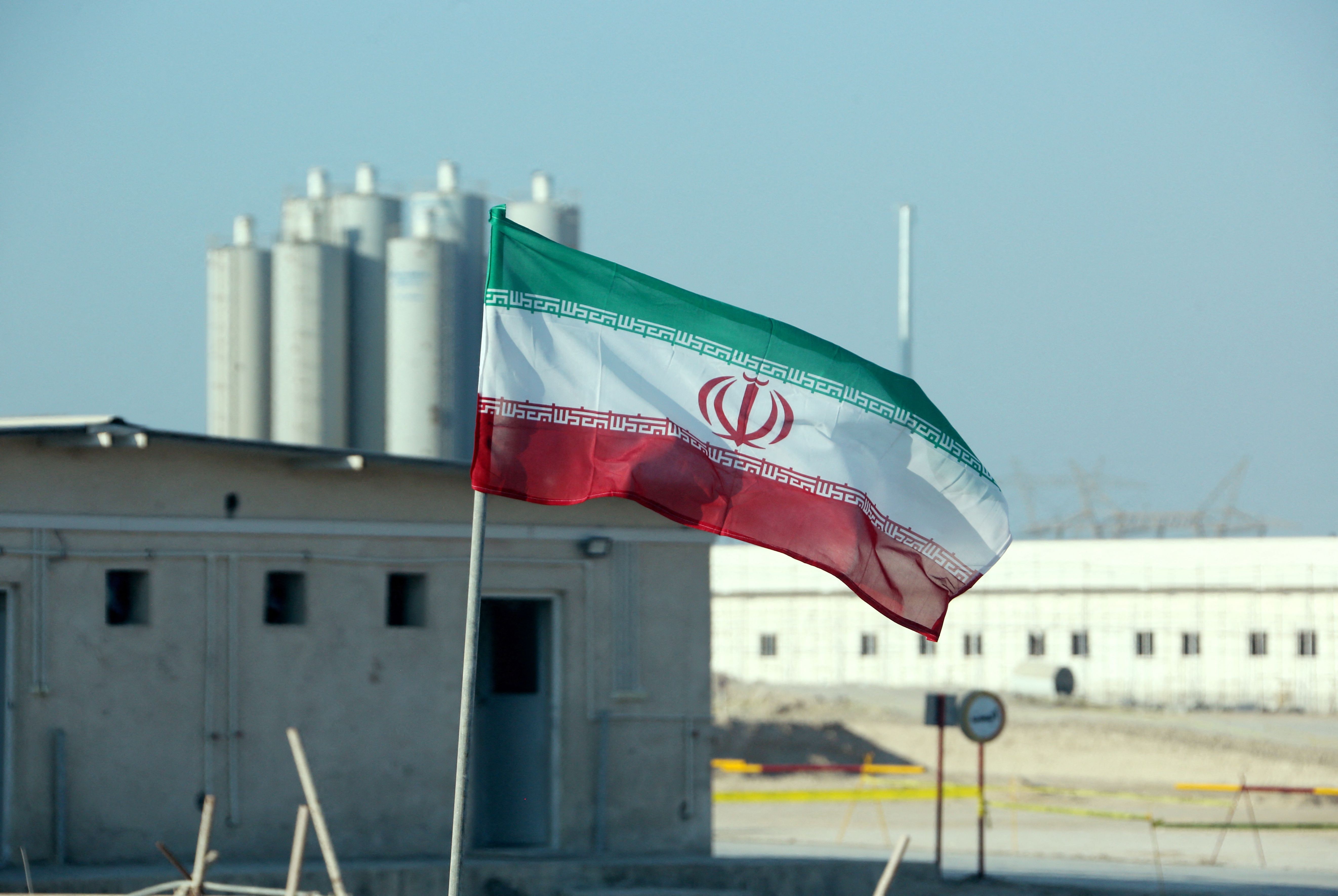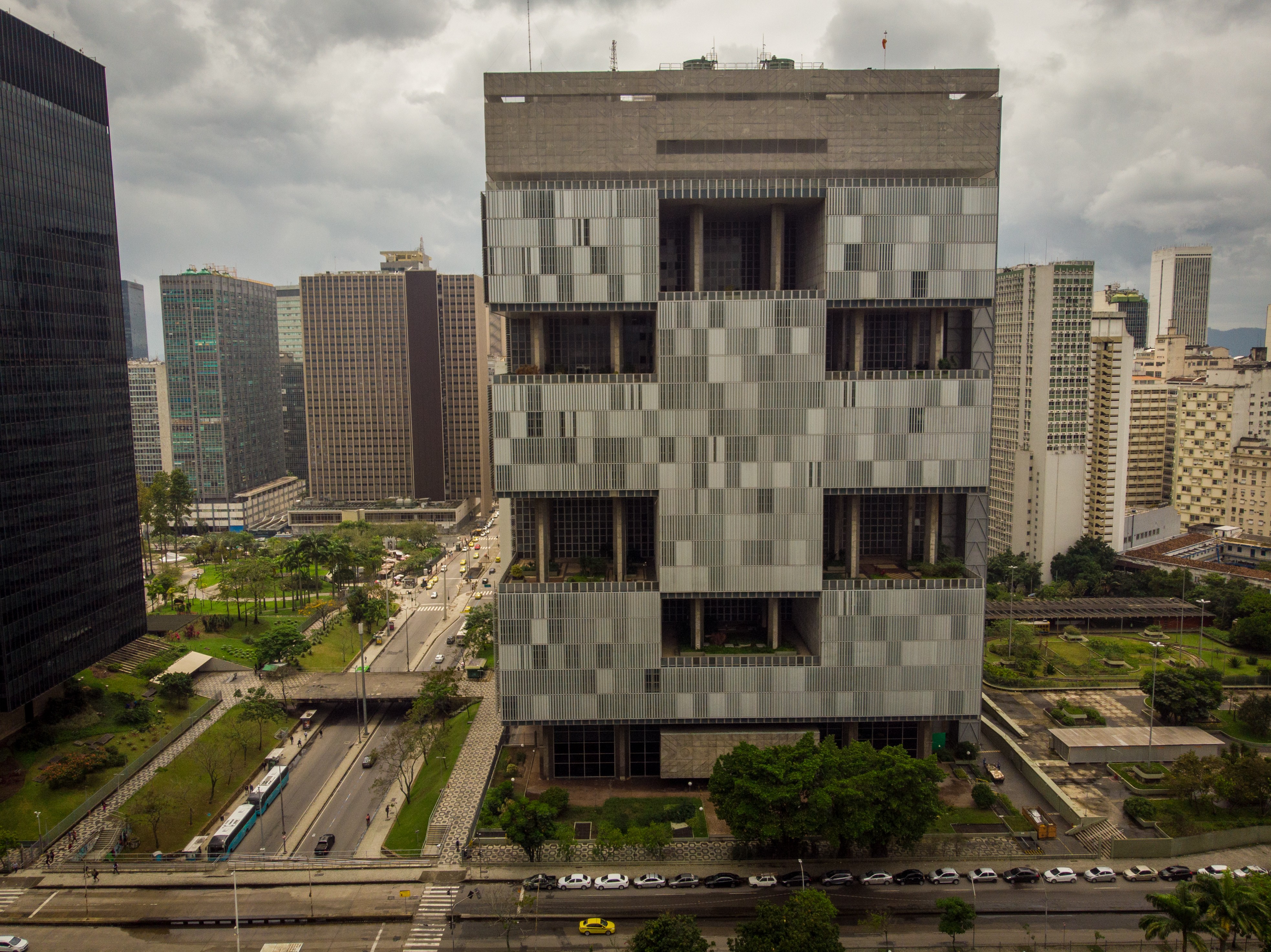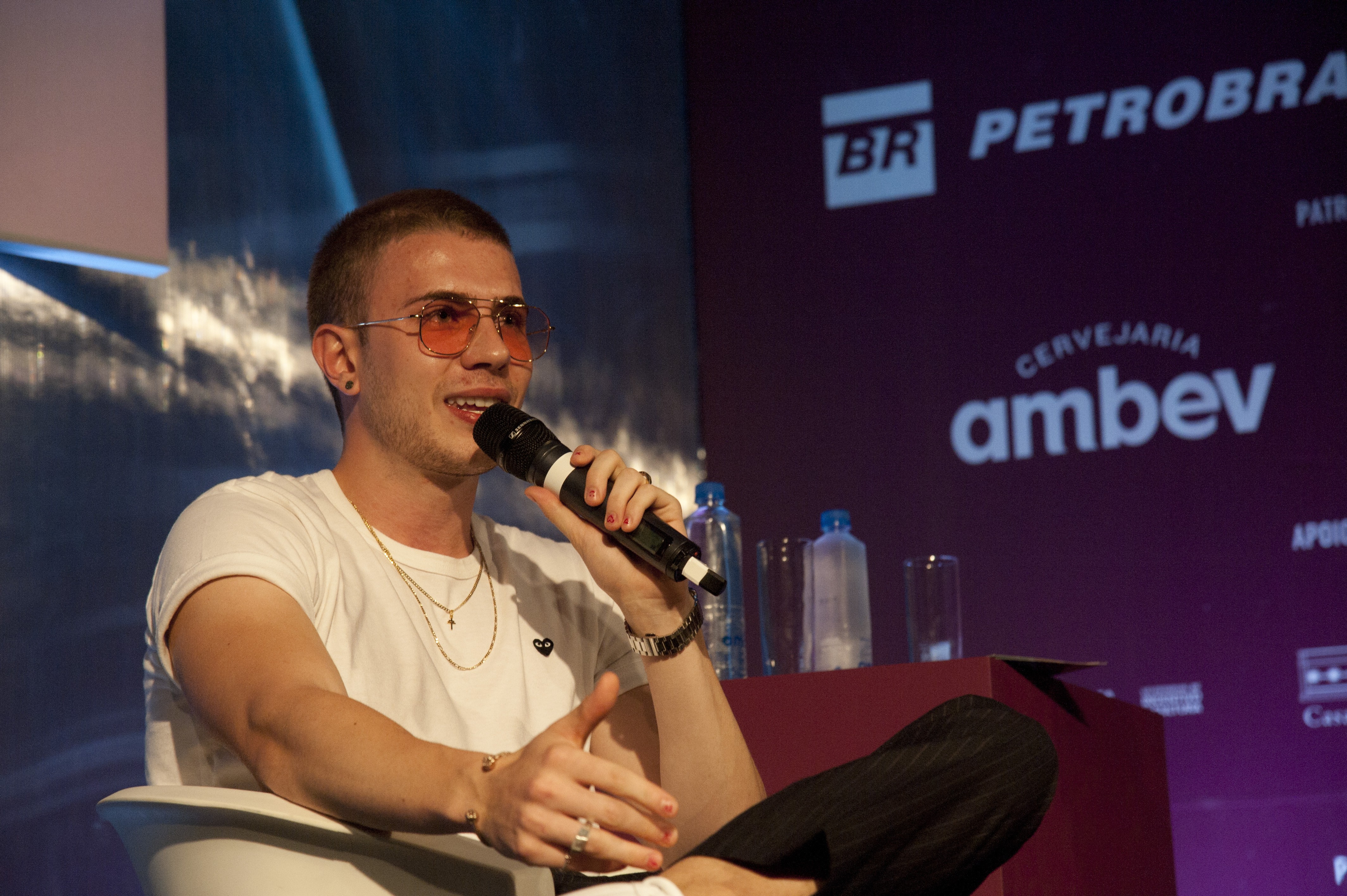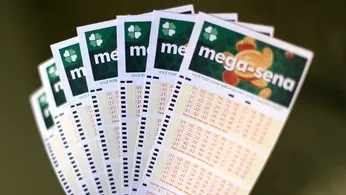Brazil seeks Arab League countries to join Global Alliance Against Hunger, minister says
Wellington Dias, head of the Social Development Ministry, outlined the initiative's structure but noted that it is still lacking consensus on debts to be incurred by countries needing resources to fight malnutrition After securing the participation of 148 members in the Global Alliance Against Hunger, including 82 countries, Brazil aims to attract nations from the Arab League, such as Saudi Arabia, the United Arab Emirates, and Iraq, by next year, said Social Development Minister Wellington Dias during the G20 meeting on Monday. G20 Social: Final statement advocates taxing the ultra-wealthy and condemns far-right misinformation Fun in Rio: 20 paired activities for the G20 holiday weekend in Rio de Janeiro According to the minister, the expectation is that the initiative, driven by the Brazilian presidency, will soon include other participating countries in the coming "days or months." He highlighted the recent task force for adherence from the African Union and the European Union, emphasizing interest in other economic blocs. In this context, Dias highlighted the government's strategy to engage in dialogue with countries that have not yet joined, especially those from the Arab League. — We want to have a dialogue to potentially secure a collective position from that region of the world. Some Arab countries have already demonstrated a global commitment against hunger and poverty, but others have not. Billions in resources The minister celebrated the mobilization of resources, indicating that the Global Alliance is beginning with significant political and financial backing. The CAF (Andean Development Corporation) pledged $4 billion, while IFAD (International Fund for Agricultural Development) announced $9 billion. Former president Dilma Rousseff, leading the New Development Bank (NDB) of the BRICS, participated in a coalition to present a package for the Alliance, Dias noted. — We are already starting at a high level. Announcements from banks and countries suggest we have great prospects. I believe that each month we'll see new announcements (of resources) — the minister stated. Lack of consensus on debts While Brazil has committed to covering 50% of the initiative's cost until 2030, other countries like Finland, Norway, Germany, and Spain have also announced their contributions to the Alliance. Regarding financing, Dias mentioned that the World Bank — as the world's largest development bank — is expected to present a plan in December that will include loans and non-repayable funds. However, consensus is still lacking on the debts incurred by countries needing resources to combat hunger: — There’s still a decision to be made about the debts. This is an ongoing discussion with an indication, but no final position yet. We will still have a Trail in Spain on the financial issue that includes this topic. Structure includes 'Council of Champions' The Alliance’s operation will be overseen by the "Council of Champions," a body responsible for active participation from countries and organizations, assisting in decision-making and facilitating partnerships for policy implementation at the national level. According to Dias, the Alliance will identify which countries can implement their policies without external support and which need assistance. Nigeria, for example, has already requested support for school feeding programs, he said. The Council currently has 18 members, comprising nine countries and nine high-level organizations. The official document allows for up to 50 participants, evenly divided between governments and institutions. At present, the Council includes nations that have had time to consider the proposals, explained Renato Godinho, head of the International Affairs Special Advisory within the ministry. — The Council will be responsible for planning actions until 2030. The idea is to have ongoing monitoring to avoid the disappointment experienced following the approval of the UN's Sustainable Development Goals in 2015 — concluded Dias. The translation of this text into english was carried out by Project Irineu, O GLOBO's initiative to develop artificial intelligence tools. Here is the link to the original report.


Wellington Dias, head of the Social Development Ministry, outlined the initiative's structure but noted that it is still lacking consensus on debts to be incurred by countries needing resources to fight malnutrition After securing the participation of 148 members in the Global Alliance Against Hunger, including 82 countries, Brazil aims to attract nations from the Arab League, such as Saudi Arabia, the United Arab Emirates, and Iraq, by next year, said Social Development Minister Wellington Dias during the G20 meeting on Monday. G20 Social: Final statement advocates taxing the ultra-wealthy and condemns far-right misinformation Fun in Rio: 20 paired activities for the G20 holiday weekend in Rio de Janeiro According to the minister, the expectation is that the initiative, driven by the Brazilian presidency, will soon include other participating countries in the coming "days or months." He highlighted the recent task force for adherence from the African Union and the European Union, emphasizing interest in other economic blocs. In this context, Dias highlighted the government's strategy to engage in dialogue with countries that have not yet joined, especially those from the Arab League. — We want to have a dialogue to potentially secure a collective position from that region of the world. Some Arab countries have already demonstrated a global commitment against hunger and poverty, but others have not. Billions in resources The minister celebrated the mobilization of resources, indicating that the Global Alliance is beginning with significant political and financial backing. The CAF (Andean Development Corporation) pledged $4 billion, while IFAD (International Fund for Agricultural Development) announced $9 billion. Former president Dilma Rousseff, leading the New Development Bank (NDB) of the BRICS, participated in a coalition to present a package for the Alliance, Dias noted. — We are already starting at a high level. Announcements from banks and countries suggest we have great prospects. I believe that each month we'll see new announcements (of resources) — the minister stated. Lack of consensus on debts While Brazil has committed to covering 50% of the initiative's cost until 2030, other countries like Finland, Norway, Germany, and Spain have also announced their contributions to the Alliance. Regarding financing, Dias mentioned that the World Bank — as the world's largest development bank — is expected to present a plan in December that will include loans and non-repayable funds. However, consensus is still lacking on the debts incurred by countries needing resources to combat hunger: — There’s still a decision to be made about the debts. This is an ongoing discussion with an indication, but no final position yet. We will still have a Trail in Spain on the financial issue that includes this topic. Structure includes 'Council of Champions' The Alliance’s operation will be overseen by the "Council of Champions," a body responsible for active participation from countries and organizations, assisting in decision-making and facilitating partnerships for policy implementation at the national level. According to Dias, the Alliance will identify which countries can implement their policies without external support and which need assistance. Nigeria, for example, has already requested support for school feeding programs, he said. The Council currently has 18 members, comprising nine countries and nine high-level organizations. The official document allows for up to 50 participants, evenly divided between governments and institutions. At present, the Council includes nations that have had time to consider the proposals, explained Renato Godinho, head of the International Affairs Special Advisory within the ministry. — The Council will be responsible for planning actions until 2030. The idea is to have ongoing monitoring to avoid the disappointment experienced following the approval of the UN's Sustainable Development Goals in 2015 — concluded Dias. The translation of this text into english was carried out by Project Irineu, O GLOBO's initiative to develop artificial intelligence tools. Here is the link to the original report.
Qual é a sua reação?







